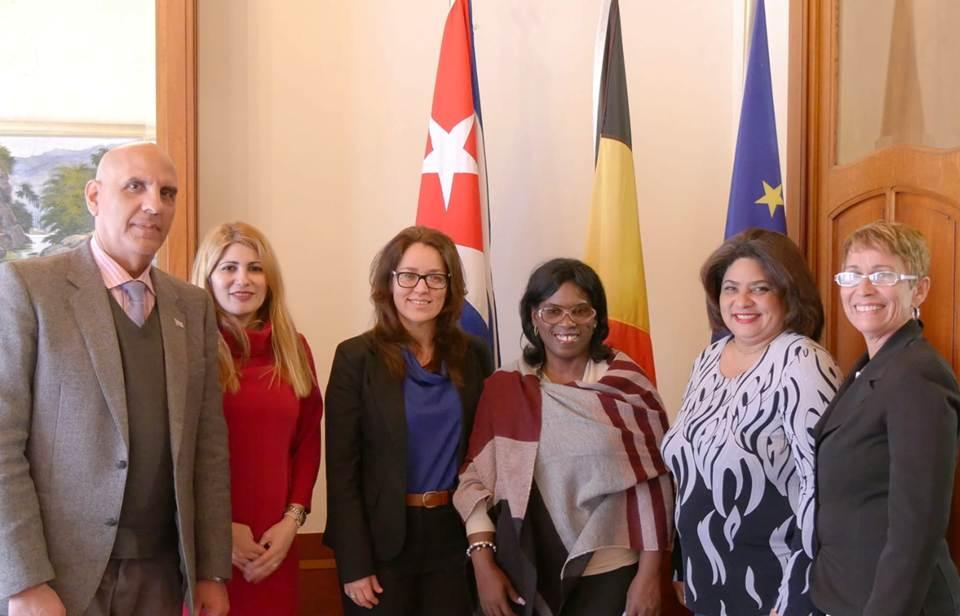In these 10 years of the program with the VLIR agency, supported by the Flemish Interuniversity Council, we have made progress in the specialized training of professionals from our University and from others in the eastern region of Cuba with which we work, in a program that expects to reach 62 doctors in Science, he commented to Prensa Latina in this capital.
According to Sedal, cooperation has also been valuable in terms of infrastructure, based on access to resources that allowed improving the conditions of laboratories for research, computerization of processes through a data center and language training.
Thanks to the project, we increased the flow of intra-university and international information, as well as the level of proficiency in English and French, languages necessary for the success of academic training, she added.
In addition to results in the areas of high-level scientific training and access to modern information and communication technologies, links with Belgian institutions stimulated the publication of papers in prestigious journals, with over 290 articles and materials already disclosed.
The PhD in Philosophical Sciences, tenured professor and also a deputy to the National Assembly explained that a new VLIR program is already underway for five years, with an emphasis on natural sciences.
During her stay on Belgian soil, Sedal and the delegation accompanying her have fulfilled an intense agenda, with meetings at the universities of Hasselt, Ghent, Antwerp and the Free University of Brussels, where they exchanged criteria and discussed issues of collaboration with academic authorities.
The delegation made up of PhDs in Sciences Varinia González, director of International Relations, and Teresa Orbera, coordinator of the program from the University of Oriente, met with representatives of the VLIR and the Academy of Research and Higher Education (ARES).
Sedal thanked the support received from the Cuban embassy in Belgium and before the European Union, headed by Ambassador Yaira Jiménez.
ef/rgh/wmr










